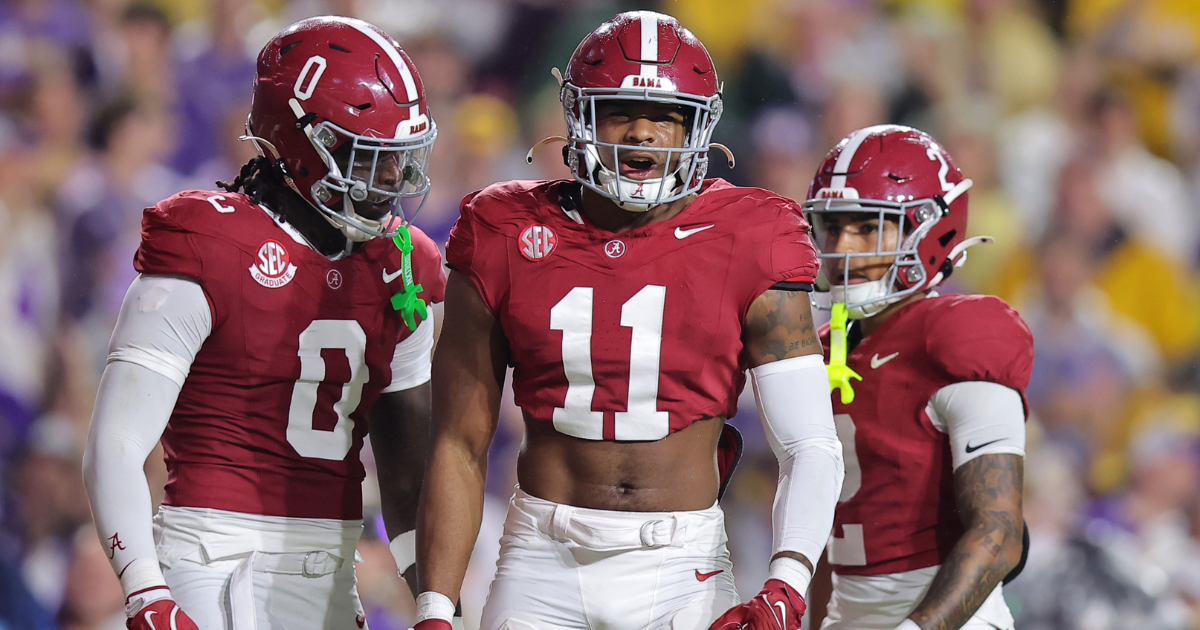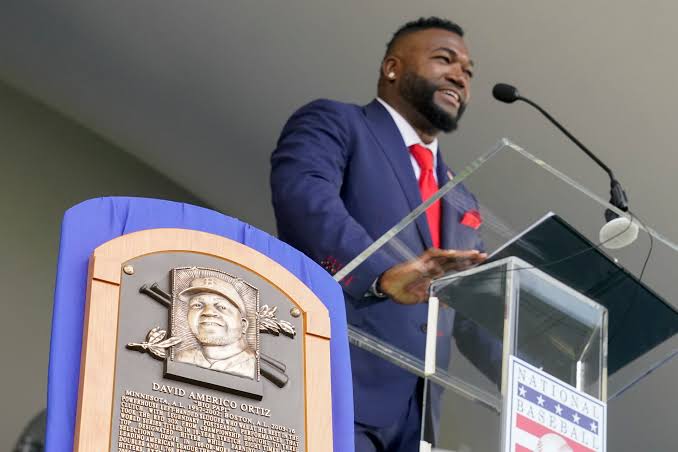The deal, confirmed by Oilers general manager Ken Holland and McDavid himself at a press conference inside Rogers Place, ensures that the 28-year-old superstar will spend the entirety of his NHL career in Edmonton. While the exact financial terms of the agreement have not been publicly disclosed, sources close to the negotiation describe it as a heavily front-loaded contract that includes performance incentives, legacy clauses, and post-retirement roles within the organization.
This lifetime commitment echoes the career arcs of legends like Steve Yzerman in Detroit, Mario Lemieux in Pittsburgh, and Nicklas Lidstrom with the Red Wings — players who became synonymous with their franchises. Yet, McDavid’s move is even more impactful in today’s hockey world, where player movement has become increasingly common and long-term loyalty often succumbs to salary cap limitations and career pragmatism.
Connor McDavid was selected first overall by the Oilers in the 2015 NHL Entry Draft. From the moment he donned the blue and orange sweater, expectations were astronomical. Touted as the best prospect since Sidney Crosby, and by some as a player with potential exceeding even that lofty comparison, McDavid arrived in Edmonton with the weight of a struggling franchise on his shoulders. The Oilers, mired in nearly a decade of futility, were desperate for a savior.
In the years since, McDavid has not only met expectations — he has obliterated them. His skating, puck control, vision, and hockey IQ have redefined what it means to dominate in the modern NHL. With multiple Art Ross Trophies, Hart Memorial Trophies, and Ted Lindsay Awards, McDavid has consistently been the league’s most electrifying player. His highlight-reel goals, often scored at top speed while weaving through multiple defenders, have become weekly occurrences on sports broadcasts across North America.
More than just individual accolades, McDavid has transformed the Oilers into perennial contenders. His chemistry with fellow star Leon Draisaitl has elevated Edmonton’s offense to elite status, and recent deep playoff runs have rekindled the passion of one of hockey’s most historic fanbases. Still, despite his dominance, a Stanley Cup has remained elusive — something McDavid referenced directly during the announcement.
“I’m not finished here,” McDavid said, addressing the packed media room with palpable emotion. “I came to Edmonton to win a Stanley Cup. This city, this organization, these fans — they’ve given me everything. I want to give it all back. This is where I belong, and I want to lift that Cup wearing this jersey.”
The declaration, simple yet profound, resonated deeply with Oilers fans who have watched superstars depart in the past. From Wayne Gretzky’s heartbreaking trade to the Los Angeles Kings in 1988 to other stars who moved on amid rebuilds and roster overhauls, Edmonton has long borne the scars of watching their icons leave. McDavid’s commitment feels like a healing balm to decades of disappointment.
From a strategic standpoint, the Oilers’ front office took an enormous gamble with this deal. A lifetime contract in a league with a rigid salary cap structure carries inherent risks. If injuries pile up or McDavid’s production dips in his mid-to-late 30s, the franchise could find itself constrained financially. Yet, for a player of McDavid’s caliber — arguably the most impactful player in the world — the risk seems more than justifiable.
Ken Holland acknowledged the gamble but emphasized the symbolic and cultural importance of the move. “Connor is more than a player. He’s a cornerstone, a standard-bearer, a once-in-a-generation presence,” Holland said. “We’re not just investing in goals and assists — we’re investing in leadership, in community, in a legacy that transcends the game.”
Indeed, McDavid’s impact off the ice is as substantial as his on-ice brilliance. In Edmonton, he has become an integral part of the community, working with local hospitals, charities, and youth programs. He has helped put the city back on the hockey map, attracting fans, free agents, and national attention. His quiet leadership, often marked by introspection rather than flamboyance, has resonated with teammates and fans alike.
Former Oiler greats, from Mark Messier to Paul Coffey, have chimed in with praise, calling the decision one of the most important in franchise history. “What Connor just did… it’s bigger than hockey,” Messier said in a radio interview. “It’s about legacy. It’s about telling the world that Edmonton is a place where greatness is born, where greatness stays.”
The broader NHL landscape has also taken notice. While lifetime deals are common in European soccer and have occurred in the NBA or NFL in some form, they are nearly unheard of in the NHL. The collective bargaining agreement (CBA) places firm limits on contract lengths, but legal advisors suggest McDavid’s deal is a patchwork of extensions, performance-based escalators, and post-career guarantees that will keep him tied to the Oilers even beyond his playing days. Some sources have hinted at an advisory or executive role awaiting him once he hangs up his skates.
Fans flooded social media with reactions ranging from disbelief to jubilation. Hashtags like #OilerForLife and #McDavidStays trended within minutes. At Rogers Place, merchandise kiosks began selling commemorative jerseys and memorabilia, celebrating the decision as if it were a championship. Season ticket inquiries reportedly spiked within hours of the announcement.
For McDavid, the decision to stay was personal. “I know what people say — that players should chase the Cup wherever it’s easiest. But I’ve always believed that winning here, with this team, with this city behind us — that would mean more than anything. I want to win because it’s hard, not in spite of it,” he said.
The NHL itself will likely feel ripple effects from the announcement. Superstar stability changes how franchises build rosters, approach negotiations, and engage their fanbases. With McDavid off the market indefinitely, other teams will have to focus elsewhere, while Edmonton may now become a more attractive destination for free agents looking to play alongside the game’s premier talent. The move may even inspire a cultural shift, encouraging more players to consider legacy over leverage.
Critics, however, have raised concerns about the feasibility of such a long-term commitment. The physical toll of the NHL is unforgiving, and even the best players eventually succumb to age or injury. Questions remain about how this deal will age if McDavid faces career-altering health issues or if the team struggles in the future. But for now, those questions feel distant.
This moment is about something larger — a star athlete choosing permanence in an era of mobility, loyalty in a climate of negotiation, roots over routes. In committing to Edmonton, Connor McDavid has done something that will resonate not just in Alberta, but across the entire hockey world.
In the coming years, McDavid’s journey will unfold under a singular narrative arc: one man, one team, one dream. There will be trials and triumphs, near-misses and hopefully, championships. But no matter what, fans can rest easy knowing that the greatest player of his generation will finish where he started — as an Oiler, as a leader, and as a symbol of unwavering commitment.
The echoes of this decision will reverberate long after his final shift. In the history books, in the rafters, and in the memories of those who cheer from the stands, Connor McDavid will forever be an Edmonton Oiler — not because he had to be, but because he chose to be.




